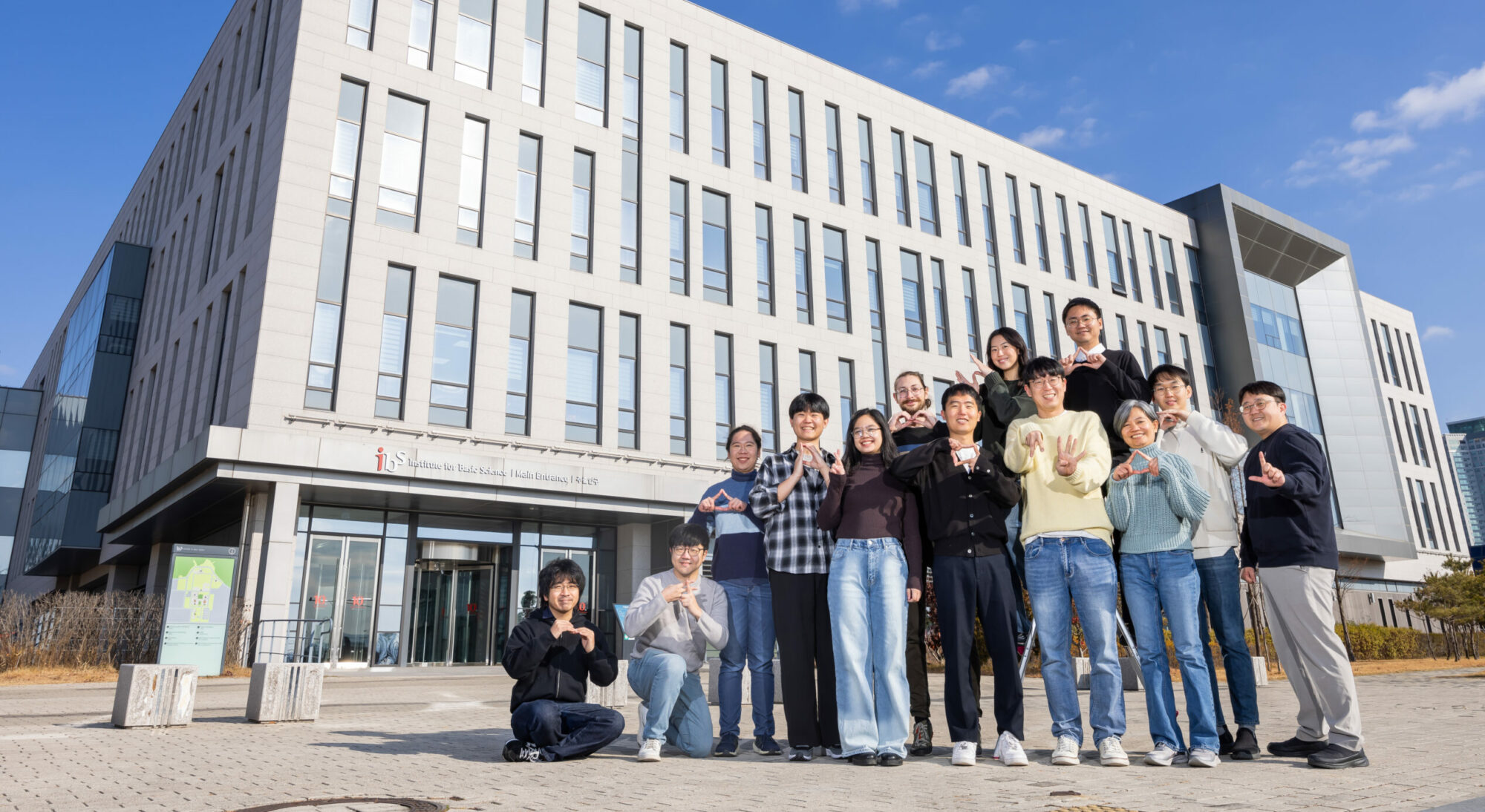We will discuss about “Integration of Neural Network-Based Symbolic Regression in Deep Learning for Scientific Discovery” IEEE Transactions on neural networks and learning systems 32.9 (2020): 4166-4177. Abstract Symbolic regression is a powerful technique to discover analytic equations that describe data, which can lead to explainable models and the ability to predict unseen data. In …
Seminar
Events
Calendar of Events
|
Sunday
|
Monday
|
Tuesday
|
Wednesday
|
Thursday
|
Friday
|
Saturday
|
|---|---|---|---|---|---|---|
|
0 events,
|
0 events,
|
0 events,
|
0 events,
|
0 events,
|
1 event,
-
|
0 events,
|
|
0 events,
|
0 events,
|
1 event,
-

Abstract: Physiological needs evoke motivational drives to produce natural behaviours for survival. However, the temporally intertwined dynamics of need and motivation have made it challenging to differentiate these two components in previous experimental paradigms. Based on classic homeostatic theories, we established a normative framework to derive computational models of neural activity and behaviours for need-encoding … |
0 events,
|
0 events,
|
1 event,
-
We will discuss about "AI Feynman: A physics-inspired method for symbolic regression",Science Advances 6.16 (2020): eaay2631. Abstract A core challenge for both physics and artificial intelligence (AI) is symbolic regression: finding a symbolic expression that matches data from an unknown function. Although this problem is likely to be NP-hard in principle, functions of practical interest … |
0 events,
|
|
0 events,
|
0 events,
|
0 events,
|
1 event,
-

Abstract: Reconstruction of gene regulatory networks (GRNs) is a powerful approach to capture a prioritized gene set controlling cellular processes. In our previous study, we developed TENET a GRN reconstructor from single cell RNA sequencing (scRNAseq). TENET has a superior capability to identify key regulators compared with other algorithms. However, accurate inference of gene regulation … |
0 events,
|
1 event,
-
We will discuss about "The timing of cellular events: a stochastic vs deterministic perspective", bioRxiv (2023): 2023-07. Abstract Changes in cell state are driven by key molecular events whose timing can often be measured experimentally. Of particular interest is the time taken for the levels of RNA or protein molecules to reach a critical threshold … |
0 events,
|
|
0 events,
|
0 events,
|
0 events,
|
0 events,
|
0 events,
|
1 event,
-
We will discuss about "Linear mapping approximation of gene regulatory networks with stochastic dynamics", Nature communications 9.1 (2018): 3305. Abstract The presence of protein–DNA binding reactions often leads to analytically intractable models of stochastic gene expression. Here we present the linear-mapping approximation that maps systems with protein–promoter interactions onto approximately equivalent systems with no binding … |
0 events,
|
|
0 events,
|
0 events,
|
0 events,
|
0 events,
|
0 events,
|
1 event,
-
We will discuss about “A trade-off in controlling upstream and downstream noise in signaling networks”, bioRxiv (2023): 2023-08. Abstract Signal transduction, underpinning the function of a variety of biological systems, is inevitably affected by fluctuations. It remains intriguing how the timescale of a signaling network relates to its capability of noise control, specifically, whether long … |
0 events,
|

